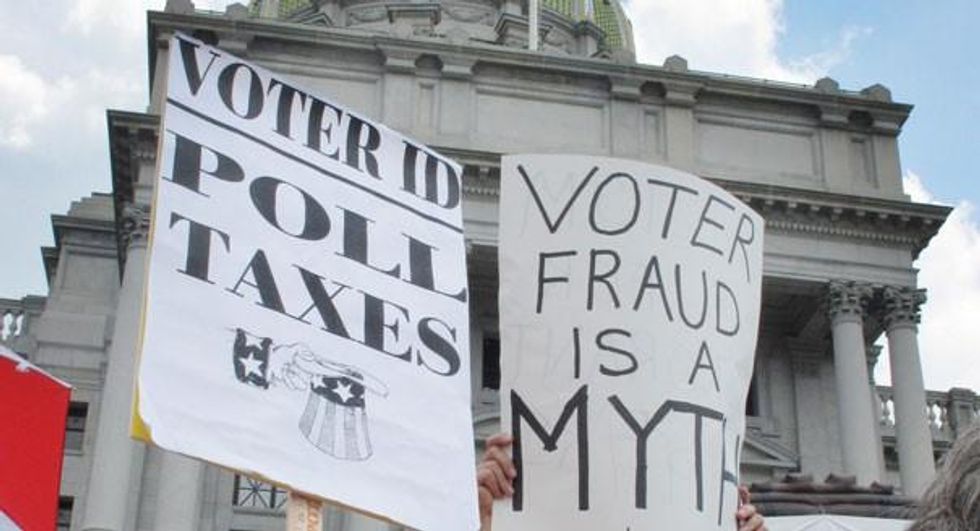An Urgent Message From Our Co-Founder
I’ve never been more alarmed about the state of our democracy. The U.S. is sliding toward authoritarianism faster than ever, while corporate media turns a blind eye. That’s why Common Dreams exists—to cover the news that others won’t. Every day, our independent team works to fulfill our mission: To inform. To inspire. To ignite change for the common good.
But here’s the truth: we can only do this with your support. We refuse corporate ads and keep our site free for everyone because access to critical news should never depend on ability to pay. That means our survival depends on readers like you. Please donate today and help us reach our goal of raising $100,000 by November 1.
Thank you for being a vital member of our community. Together, we can keep independent media alive when it’s needed most.
- Craig Brown, Co-founder



